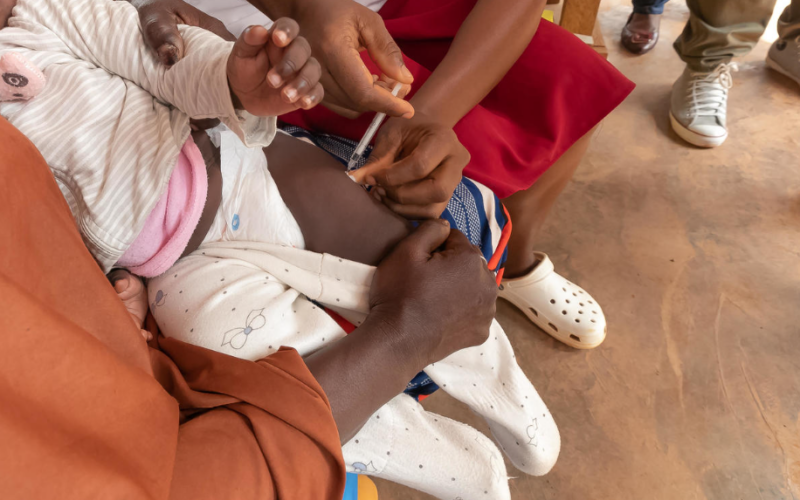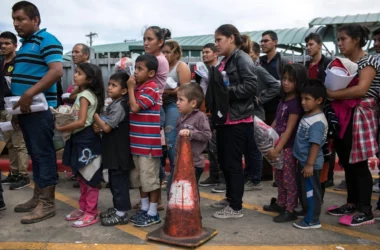In a monumental step forward in the global fight against malaria, Cameroon has initiated the world’s first routine vaccination programme targeting the mosquito-borne disease. The groundbreaking vaccine, RTS,S, developed by British pharmaceutical company GSK and approved by the World Health Organization (WHO), is poised to save tens of thousands of children’s lives annually across Africa. This move comes after nearly 40 years of development, with Cameroon becoming the first country to administer doses through a routine immunization program, setting the stage for 19 others to follow suit this year.
Malaria poses a severe threat in Africa, claiming the lives of nearly half a million children under the age of five each year. The RTS,S vaccine, designed to complement existing preventive measures like bed nets, represents a pivotal tool in the ongoing battle against the disease. With successful trials conducted in countries like Ghana and Kenya, the vaccine has received WHO approval and is a key component of the broader strategy to combat malaria.
Cameroon’s proactive approach makes it the trailblazer in implementing routine malaria vaccinations. Approximately 6.6 million children in 20 countries, including Cameroon, are earmarked for vaccination through 2024-25. This initiative has been welcomed with enthusiasm and anticipation by health organizations globally, marking a significant milestone in the fight against a disease that has plagued the continent for decades.
The urgency to combat malaria is underscored by disruptions linked to the COVID-19 pandemic, rising insecticide resistance, and other impediments that have hindered progress. In 2022, malaria cases rose by approximately 5 million year-on-year, according to the WHO. The vaccination programme aims to address these challenges and strengthen the resilience of existing preventive measures.
To meet the high demand for the malaria vaccine, plans to roll out a second vaccine, R21, developed by the University of Oxford, are underway. This development, expected to launch in May or June, will significantly enhance vaccine supply and extend protection to millions more children. The collective effort seeks to ensure that no child is left vulnerable to the deadly effects of malaria.
While the vaccination initiative is hailed as a breakthrough, some experts express skepticism and caution against diverting attention and resources from established malaria prevention tools, such as bed nets. To address potential vaccine hesitancy, extensive community outreach efforts accompany the roll-out, emphasizing the importance of a comprehensive approach that includes both vaccines and proven preventive measures.
Cameroon’s pioneering step in launching the world’s first routine malaria vaccination programme signifies a turning point in the global battle against this devastating disease. The collaborative efforts of international organizations, countries, and pharmaceutical developers highlight the commitment to eradicating malaria and ensuring the health and well-being of vulnerable populations, particularly children. As the initiative unfolds, the world watches with hope and anticipation for the positive impact this groundbreaking vaccination programme will have on malaria prevention and ultimately saving lives across the African continent.








